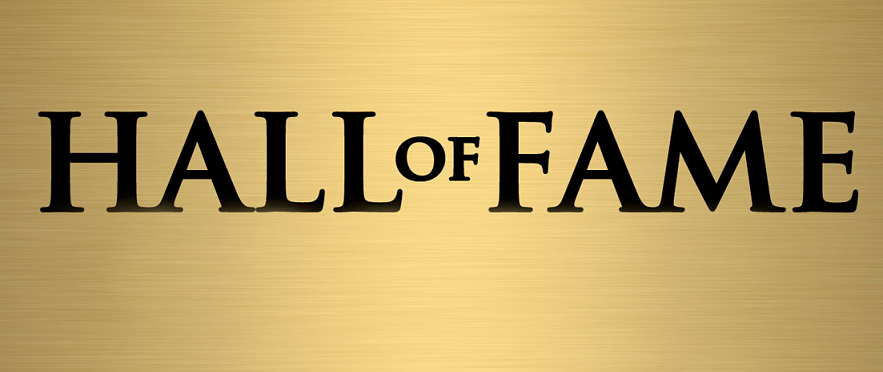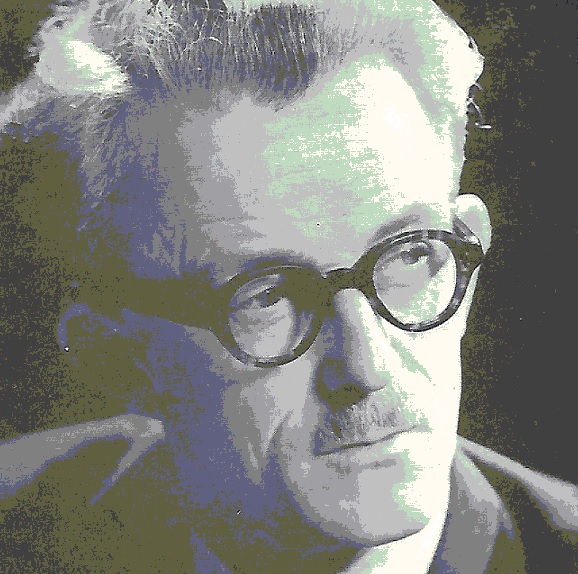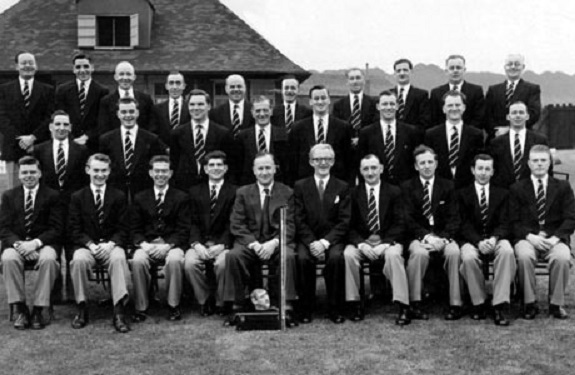
Brass band historian Tim Mutum has been asked by 4BR to curate a ‘Hall of Fame’ of players, conductors, composers, adjudicators, entrepreneurs, administrators and personalities who have helped to shape as well as drive the brass band movement from its beginning to the modern day.
Fame can be lasting and indelible or fleeting and ephemeral – from the names who appear on contest record rolls of honour to those who made contributions to greatness in other ways around the brass band globe.
Fame can be lasting and indelible or fleeting and ephemeral – from the names who appear on contest record rolls of honour to those who made contributions to greatness in other ways around the brass band globe.
The undisputed giants of Gladney, Rimmer and Mortimer will of course be included, but so too those who may not so readily be spoken of as ‘greats’ but whose contribution should without doubt be marked.
We hope you enjoy the series, which we also hope will be added to with further information about each person as we develop it further.
Jack Atherton: (1909 – 1983)
In 1958 Jack Atherton led Carlton Main Frickley Colliery to the British Open title. It is the only time his name appears on the roll of honour at either the Belle Vue or National Champion of Great Britain contests.
It was to be a singular, scant reward for a conductor of distinctive character and impressive musical gifts, who during his career helped develop some of the great banding names - ensembles and players, of the post-war era.
Born in the north east, he grew up in South Shields. He was taught to play by George Hawkins and as a youngster joined family members at Harton Colliery Band (who won the British Open in 1919). He appeared as a player with them at the British Open in 1926 on 2nd cornet, and is listed in the programmes of 1927 and 1928 on baritone.
Craft
In 1931 he moved to London and joined the Hanwell Band, learning his playing and fledgling conducting craft alongside the likes of Eric Bravington.
He helped them win the London & Home Counties Championships from 1931 -1935, also appearing at the British Open and National Championships on a number of occasions before returning to Harton in 1939 as conductor.
The Second World War restricted contest appearances, but he soon made his name, leading the band to local success and also conducting them at the British Open in 1942, 1943 and 1944, but without making a mark.
Following the reorganisation of the Regional Championships in 1945, he led Harton to a trio of North of England ‘Area’ titles (1947-49) and to two top-six finishes at the Royal Albert Hall (working and developing the likes of Maurice Murphy and Norman Ashcroft) .
Following the reorganisation of the Regional Championships in 1945, he led Harton to a trio of North of England ‘Area’ titles (1947-49) and to two top-six finishes at the Royal Albert Hall (working and developing the likes of Maurice Murphy and Norman Ashcroft) .
Recognised
His abilities were recognised by Harry Mortimer, who recommended that he become bandmaster at Fairey Aviation in 1951, followed by a short spell as bandmaster at Enfield Central.
A further move in 1953 saw him become Musical Director at CWS (Manchester) - leading them to a runner-up finish at 1953 North West Area, Edinburgh Festival and National Championship. They also came fourth at the British Open.
However, it was his appointment at Carlton Main Frickley in 1954 that saw him reach his peak - making the Yorkshire band one of the finest in the land in the process.
Culmination
The culmination was the unique British Open victory of 1958; unique in that the band had to play twice (the best six bands were required to perform a second time) to claim the title on Eric Ball’s ‘Sunset Rhapsody’.
During this time the band’s record compared with the very best.
At the British Open they finished 3rd in 1956; 2nd in 1957; won in 1958; 2nd in 1959.
At the National Championship they finished 3rd in 1957; 2nd in 1959; 2nd in 1960.
The culmination was the unique British Open victory of 1958; unique in that the band had to play twice (the best six bands were required to perform a second time) to claim the title on Eric Ball’s ‘Sunset Rhapsody’.
The band also won the North East Area Championship (precursor to the Yorkshire Area), the Daily Herald Midlands Festival and Edinburgh Festival in 1957; the 1958 CISWO Yorkshire Championship; 1959 Edinburgh Festival; 1960 CISWO Yorkshire Championship and Edinburgh Festival and 1961 CISWO Yorkshire Championship.
Further success came in winning the highly competitive National Mineworkers Championship in 1962 and again in 1963.
Most succesful
And whilst further success was more sporadic, the Mineworkers Championship was added to in 1966 and the Edinburgh Festival in 1967, whilst in 1969 he came close to winning the British Open a second time, when they were runner-up. It was a final flourish at a contest that held so many memories for him.
His 16 year tenure at Carlton Main was the most successful period in its history - one not only marked by contest success but also by the style of their performances, aided by players he helped develop such as James Shepherd, Ken Aitken-Jones and David Read amongst others.
Under his direction, the band also appointed a resident ‘arranger’ in Andrew Owenson, giving them access to new and popular concert repertoire.
His 16 year tenure at Carlton Main was the most successful period in its history - one not only marked by contest success but also by the style of their performances
Jack Atherton also enjoyed freelance success with many other bands - including winning the North of Ireland Championships with 55th Old Boys Association on three occasions. He also won the Scottish Miners Gala contest with Newmains, the Fourth Section National Championship of Great Britain with Esh Colliery Welfare (1956) and Senior Trophy with Thorne Colliery Silver (1954).
In 1968 he began an association with the Mirrlees Works Band, becoming professional conductor in 1970, but retiring in June 1974 due to ill health (taking the band on two non-placed occasions at Belle Vue).
Cigarettes, tea and music
A heavy smoker throughout his life (a contemporary stated that he “seemed to live on cigarettes, tea and music”), he suffered a stroke in the early 1970’s, making his final contest appearance in 1973 with the Ransome, Hoffman & Pollard Band at the Midlands Regional Championship.
Although a much diminished figure, his opinions were still sought despite becoming increasingly frail.
Another, writing in British Bandsman soon after his death was announced said; “A great bandmaster, a most skilful musician, a purposeful leader, a resolute character; such was Jack Atherton”.
Tributes
Following his death in March 1983, countless tributes were made; many marking his renowned attention to levels of musical and personal professionalism.
Bill Sykes said: “Jack had a most profound influence on brass banding in terms of attitude, discipline, repertoire – everything. Had he been around and active today, he would have been at the top of the tree.”
Another, writing in British Bandsman soon after his death was announced said; “A great bandmaster, a most skilful musician, a purposeful leader, a resolute character; such was Jack Atherton”.
Few who knew him, worked with him or played under him, would disagree.
Tim Mutum
















